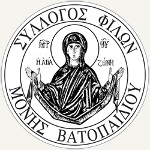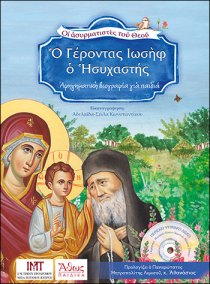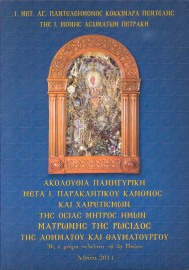http://www.amazon.com/Birth-Hospital-Byzantine-Empire/dp/0801856574
«Dr. Miller is a learned and enterprising historian with a fascinating theme. He shows beyond a doubt that the Western hospital tradition goes back to the early Byzantine Empire in the fourth century.» — Medical History
Fr. Romanides writes about the relationship between Church and State in the Roman Empire following the conversion to Christianity of Emperor Constantine the Great saying:
«The great struggle between paganism and Christianity in the time of Emperor Constantine the Great (306-337) is reflected in the difference between Roman Greeks (meaning Pagans) and Roman Christians. All Pagan Romans were defending their aristocratic ancient Hellenic identity and traditions which was being torn apart by the aristocratic identity of the cure of glorification which was open to all Romans, both gentis and non-gentis, and to all non-Romans.» Διαβάστε τη συνέχεια του άρθρου »





































